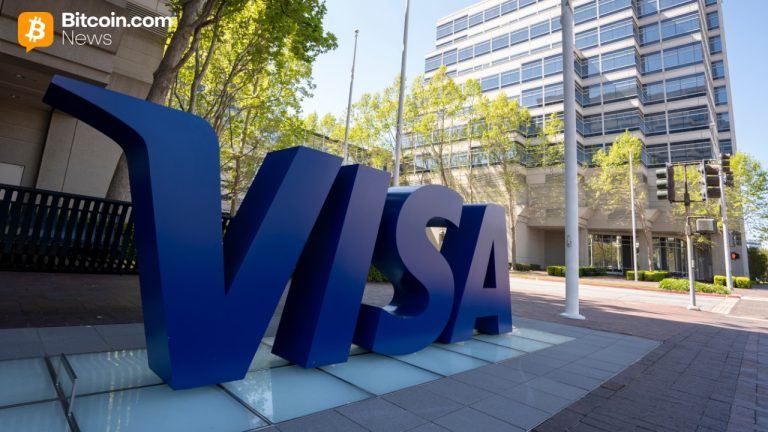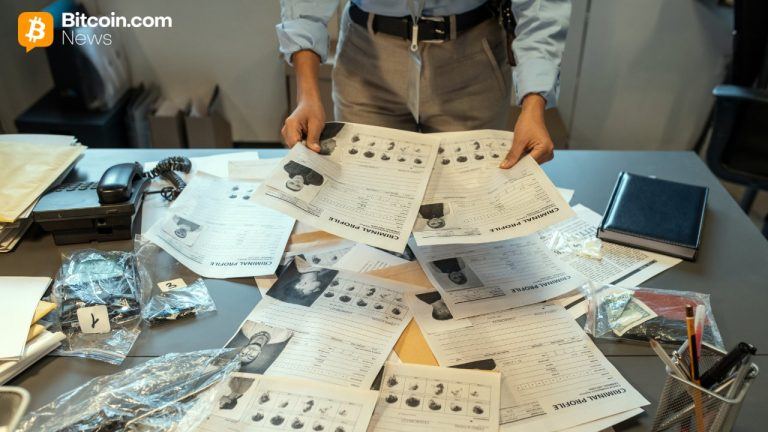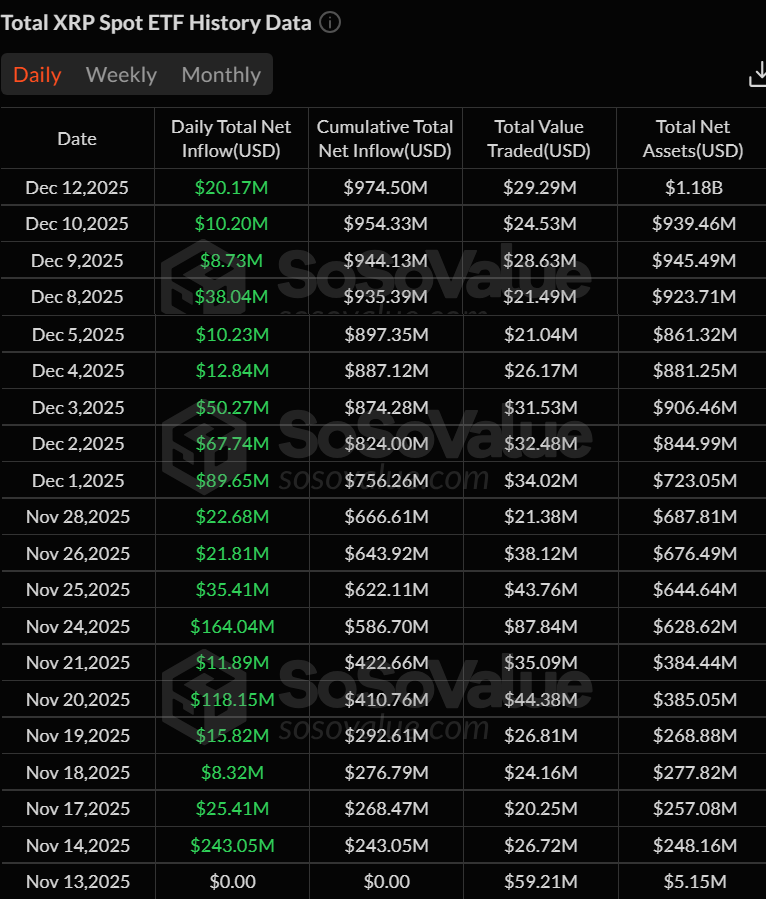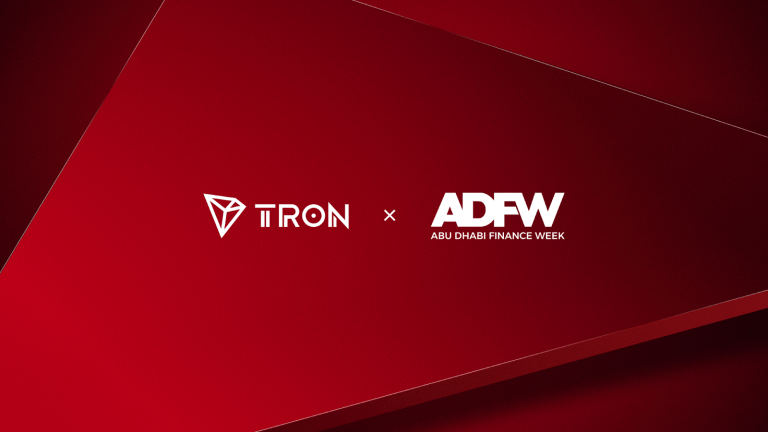
Cointelegraph sat down with activist and cybersecurity expert Chelsea Manning to discuss how blockchain technology can combat challenges associated with artificial intelligence.
Artificial intelligence (AI) has become a hot topic following the launch of ChatGPT, an AI chatbot created by research company OpenAI. Yet, while ChatGPT has the potential to write blogs and create crypto trading bots, some worry that AI could be harmful.
A survey conducted by sales platform Tidio found that 69% of college graduates believe AI could take their job or make it irrelevant in the coming years. Others have pointed out that the rise of AI will make it increasingly challenging to verify accurate information versus fake news generated by artificial intelligence.
For example, Chelsea Manning — an activist, security consultant for decentralized privacy platform Nym and former army intelligence analyst — told Cointelegraph that information verification would become a fundamental problem as AI is integrated into society. Manning told Cointelegraph about how blockchain technology can help combat AI challenges during an exclusive interview at South by Southwest 2023.
Cointelegraph: Why is the rise of AI concerning, and how can blockchain technology combat these concerns?
Chelsea Manning: The actual teachings of AI have been going on for a long time, yet as surveillance in AI becomes more efficient, it will reduce the effectiveness of virtual private networks and other circuits from protecting user data.
Another danger associated with AI and deep fakes is that these elements will eventually become so convincing that many of these instances will end up in a courtroom setting. For instance, there will be situations in the future where individuals will have to forensically verify to a court if something was generated by AI.
We can use blockchain technology to create a decentralized list of where information is coming from, who is producing it and where it was created. This can then be verified on a distributed ledger to prove that a particular event historically occurred, resulting in less dispute.
For instance, someone could take a photograph and then place that metadata on a ledger for verification. If someone tries to dispute that, they can go to the ledger and view the cryptographic signature for verification to see that a particular event occurred.
CT: Do you think we will see more companies evolve that will use cryptography to combat AI challenges?
CM: Yes — since verification is going to be a fundamental problem that arises between society’s exposure to products or surveillance that leverage AI. One way to challenge this is through cryptography, which is going to be fundamental.

I also believe that a great battle within the technology space over the next decade is going to be this issue of verification and knowing if the information we are receiving is accurate. We are running the very real risk of having our entire reality exposed through our phones or televisions and other places online. Although this is a fundamental way to interact with the world, this information will increasingly not be accurate, yet it will be convincing. I believe there are solutions to these problems, and with some foresight and planning, these doomsday scenarios can be navigated.
CT: You also have strong views on taking an infrastructure approach when it comes to ensuring privacy and security. Can you explain what this means?
CM: One of the most frustrating aspects of developing hardware technology is ensuring that the hardware itself is secure. This is why hardware developers need to focus intensively on supply chain matters — who is developing the technology, who is designing it, etc.
I also believe in the added benefit of an open-source architecture, as these standards are common and universal. I’ve been looking at open-source architectures for designing and developing secure hardware technology for Nym. For example, RISC-V is open source architecture developed at the University of California, Berkeley. RISC-V was designed to grow over time as a standard that doesn’t require any intellectual property (IP). Users can build an IP based on RISC-V, but the architecture itself is available to anyone without requiring a fee.
CT: What are your thoughts on cryptocurrency?
CM: I was very interested in Bitcoin when the white paper came out, but I didn’t necessarily view tokens as being assets or the value behind blockchain technology. I was quite surprised and struck by how readily people were to view proof-of-work certificates as being something that they would buy, sell and speculate on.
This is not necessarily my interest, as I don’t play with speculative assets in general. But from a purely academic sense, I find the technology fascinating. I think cryptocurrency is still a proof-of-concept for what is possible down the line with blockchain technology, but not necessarily ripe and ready to change the world.
CT: Recently, we saw Silicon Valley Bank overtaken by regulators. How do you think this will impact the tech industry as a whole?
CM: This is a seismic event and it goes back to my skepticism of speculative assets in general. This shows that we are still at the whims of the economy, both with traditional banks and with token assets.
The Federal Reserve System and regulators are all interconnected, so it doesn’t surprise me that as inflation has been high, and as the Federal Reserve has tried to curtail the amount of currency flowing, we have seen a number of stressors on more speculative and risky ventures. We are now seeing the effects of that.
But out of every one of these cycles, there has been innovation. If anything, operating in an environment where there is less cash available forces people into a position where they have to innovate more in order to survive. I think this will be an interesting time for the technology industry. It will slow down startups for sure, but I think that existing startups that are able to survive this will be the ones to look out for the most over the next 10 years.

You can get bonuses upto $100 FREE BONUS when you:
💰 Install these recommended apps:
💲 SocialGood - 100% Crypto Back on Everyday Shopping
💲 xPortal - The DeFi For The Next Billion
💲 CryptoTab Browser - Lightweight, fast, and ready to mine!
💰 Register on these recommended exchanges:
🟡 Binance🟡 Bitfinex🟡 Bitmart🟡 Bittrex🟡 Bitget
🟡 CoinEx🟡 Crypto.com🟡 Gate.io🟡 Huobi🟡 Kucoin.



















Comments